This review was originally posted on Goodreads.com and reviews.wheelerc.org on April 7, 2014.
Reviews aren’t done in a vacuum. This is especially true when a book has been out for a while and has been reviewed for a while.
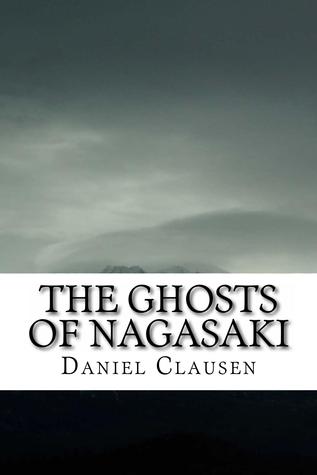 Most of the reviewers make great hay of the surrealism, of the book, its conceit of a person’s personal spirits both existing and being visible by others who, likewise, have their own spirits. Or personal demons. Or, baggage, as many of the more knowledgeable characters point out to the main character, a former English teacher turned businessman.
Most of the reviewers make great hay of the surrealism, of the book, its conceit of a person’s personal spirits both existing and being visible by others who, likewise, have their own spirits. Or personal demons. Or, baggage, as many of the more knowledgeable characters point out to the main character, a former English teacher turned businessman.
This making of hay (the author, in his email to me asking if I’d be interested in reviewing the book, also made great hay) over the use of personal spirits, metaphors and an expanded consciousness (There are more things in heaven and earth, Horatio, Than are dreamt of in your philosophy) is ridiculous.
The book has spirits. Enough said. Suspend your disbelief. We do it for Shakespeare, I think we can do it for Clausen.
I don’t see anyone making hay over the dead king’s ghost (was it really the ghost or a demon sent to tempt Hamlet?) so I don’t see why a few spirits and a metaphysical island should send every reviewer into a tail-spin tissy.
The main character, he’s a poor broken boy from a broken home who makes his way in Japan.
Him being broken, and his broken home, follow him, literally and metaphorically, until the dénouement of the book.
It’s very well written, engaging, and rarely dull.
The problems
The Ghosts of Nagasaki is not without its own problems. First and foremost, a choice of typography. Every paragraph break has a space underneath it. No, the book isn’t double spaced, but the paragraphs are. Makes for a jarring read, especially when double spacing between paragraphs, or quadruple spacing, is meant to signify a certain level of break in the context of the read. Then, there’s breaks marked by asterisks.
The second problem comes from the plotting of the book itself. The orphan did get shown some love, later on in his orphan time, and is now haunted by his past.

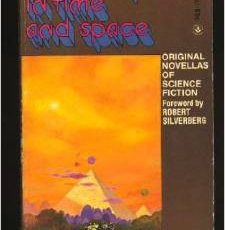

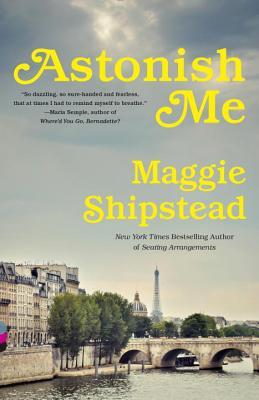 Maggie Shipstead’s second novel, Astonish me, leaves few questions unanswered in a humane and relatable tale set over two generations.
Maggie Shipstead’s second novel, Astonish me, leaves few questions unanswered in a humane and relatable tale set over two generations.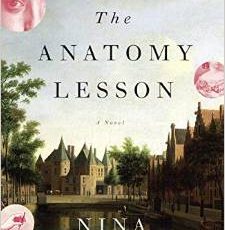

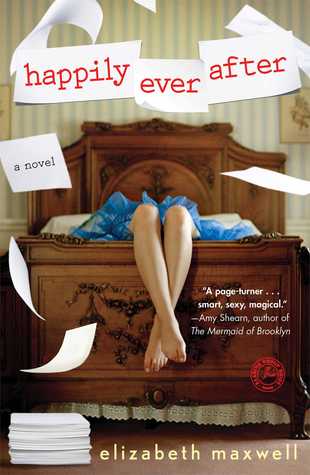 The second one, which works but I doubt will ever work for any of Maxwell’s readers a second time, is the use of craft to tell a story.
The second one, which works but I doubt will ever work for any of Maxwell’s readers a second time, is the use of craft to tell a story.
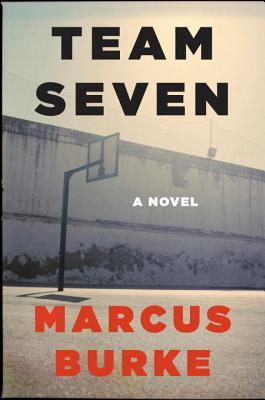 Team Seven, while well-written, suffers from a lack of a coherent timeline and organization, lending significant doubt to its character’s actions, language, etc.
Team Seven, while well-written, suffers from a lack of a coherent timeline and organization, lending significant doubt to its character’s actions, language, etc.
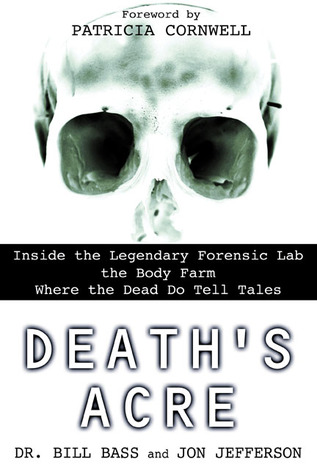 It’s Bill Bass’s bloated memoir, brimming with useless information, bogging down readers and serving no purpose.
It’s Bill Bass’s bloated memoir, brimming with useless information, bogging down readers and serving no purpose.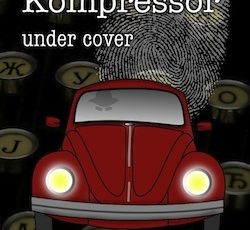
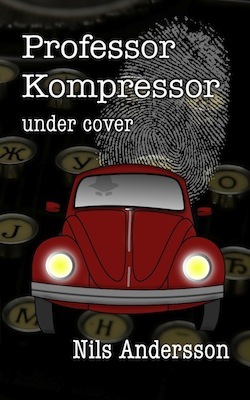 The biggest issue is the use of direct quotes. Most style books, and readers’ sanity, dictate the following: If a quote goes over a single paragraph, the end of the first paragraph, and all subsequent ones except for the last, do not have an ending quotation marks. Each quote encapsulated on both ends by quotation marks is supposed to mean the end of the quote: the next should be a different person’s quote.
The biggest issue is the use of direct quotes. Most style books, and readers’ sanity, dictate the following: If a quote goes over a single paragraph, the end of the first paragraph, and all subsequent ones except for the last, do not have an ending quotation marks. Each quote encapsulated on both ends by quotation marks is supposed to mean the end of the quote: the next should be a different person’s quote.
